Apply for this course
Please select when you would like to start:
If you're a UK applicant wanting to study full-time starting in September, you must apply via UCAS unless otherwise specified. If you're an international applicant wanting to study full-time, you can choose to apply via UCAS or directly to the University.
If you're applying for part-time study, you should apply directly to the University. If you require a Student visa, please be aware that you will not be able to study as a part-time student at undergraduate level.
Why study this course?
This is a top-up version of Theatre and Film BA (Hons). A top-up degree is the final year (Level 6) of an undergraduate degree course and is for those who have a foundation degree, Higher National Diploma or equivalent qualification, or those wishing to study the final year of their degree in London.
London is a global hub for the creative industries and for theatre and film in particular. This course combines practical and theoretical approaches to explore this area and, where possible, capitalises on our London location to help you to directly engage with prospective employers.
Join a group of high-achieving alumni
Our graduates have won awards in film festivals including Cannes, starred in BBC and CBS series, formed acclaimed theatre and film production companies across the globe and featured in long-running West End shows
Second in the UK for student satisfaction
Our drama, dance and cinematics courses ranked second in the UK for student satisfaction in the Complete University Guide 2025
Collaborate with famous industry names
London Met’s theatre and film courses enjoy world-class collaborations with internationally acclaimed organisations such as Tate Modern, the National Theatre, the Royal Court and Istituto Teatrale Europeo in Rome
Course modules
The modules listed below are for the academic year 2024/25 and represent the course modules at this time. Modules and module details (including, but not limited to, location and time) are subject to change over time.
Year modules
Festival Showcase
This module currently runs:spring semester - Wednesday morning
spring semester - Wednesday afternoon
(core, 30 credits)
The Festival Showcase contains your final piece of practical work, the equivalent of a dissertation, and will be a culmination of all the work previously undertaken on the course. It consists of a programme of short theatre, performance, and multimedia productions, which will be presented to a public audience in a professional environment. It is designed to allow you to develop your chosen specialisms, both within creative and production roles.
The module will enable you to complete and showcase a professional level work. You will utilise the ability to work both collaboratively and independently within a self-managed ‘festival’ setting and provide the opportunity for you to cultivate professional skills demonstrating your employability and ability to make your own projects.
The module includes the following areas of work-related learning:
- creating and presenting original performances to an external audience;
- marketing, including the professional use of social media;
- box office and audience management;
- logistics of setting up a company;
- pitching work to producers and programmers;
- writing an agenda and keeping minutes of meetings;
- creating a timetable.
Performance Research and Development
This module currently runs:all year (September start) - Monday morning
all year (September start) - Monday afternoon
(core, 30 credits)
Performance Research & Development complements SM6P10 Festival Showcase; the module will enable you to undertake intensive research and development (R&D) projects leading to the sharing of consecutive works-in-progress: draft performances presented for feedback to an invited audience. The notion of R&D is a vital aspect of the professional industry, increasingly required by funding bodies and an integral part of producing venues’ programmes. Students will work collaboratively, to tight deadlines, in accordance with the creative guidelines provided by the tutor. This will develop their ability to create rapidly within assigned parameters, encompassing such approaches as adapting existing dramatic texts and devising new material from stimuli. Students will engage self- and peer-evaluation skills throughout the module.
Read full detailsCollaborative Project
This module currently runs:autumn semester - Wednesday afternoon
autumn semester - Wednesday morning
(alternative core, 30 credits)
This is an intensive 30 credit module that runs over a period of 15 weeks. Building on the skills and awareness developed through previous education and experience, this alternative core module joins together students from the BA Theatre & Performance and BA Theatre & Film to create original interdisciplinary work through collaborative processes. You may work across a variety of mediums, including film and digital media, to take ideas from inception to realisation. Although projects will be undertaken in companies, you will have the opportunity to explore specialist areas of personal interest within your groups wherever possible.
Read full detailsDirecting 2
This module currently runs:autumn semester - Tuesday morning
(alternative core, 15 credits)
Directing 2 advances previously acquired skills in Directing One and Workshop Leadership. It allows you the opportunity to explore your own directorial vision and apply skills learnt in practice. In this case directing refers to text-based work. The practical work is placed within the context of critical theory, as previously explored in Performance, Art and Film Ideas 1 and 2.
This module will develop and apply directorial skills and facilitate the acquisition of new abilities specifically related to production and organisation. It will give you the opportunity to apply skills and knowledges to a fully produced extract from a play text and provide the opportunity to imagine a vision for a production of a play. It will encourage you to pursue individual research into theatre practitioners and cultural theory in the context of your own directed extract, to examine critically the process of directing and to encourage self-evaluation. The final showing of work will activate your skills in leadership, facilitation, imaginative and creative skills and inspire self-motivation and responsibility.
Read full detailsIndependent Project
This module currently runs:all year (September start)
(alternative core, 30 credits)
This module allows students to explore in depth a theory or theory and practice topic of their own choice, arising from previous experience or their study at levels 4 and 5 (subject to supervisor approval). A key emphasis here is placed on the notion of research (both theoretical and practical) to develop a sustained project. Their individual study is facilitated by a tutor assigned to the project according to subject specialism.
This module is mainly self-managed by the student with facilitation by a specialist in the chosen subject. Students’ individual work is supported by regular consultation and feedback from their tutor and peer-led workshops.
The project incorporates both formative and summative assessment. Students will present their project plan orally in a subject specific workshop and in written form to their project supervisor. The summative assessment consists of the actual project, either a written project or a film and/or performance project with outline, treatment and theoretical statement.
Read full detailsInstallation and Live Art
This module currently runs:autumn semester - Tuesday morning
(alternative core, 15 credits)
This module will explore creative strategies in the application of installation art and performative practices, beyond a strictly theatrical context. In doing so, it will promote multi-disciplinary crossovers, in particular between performance, visual and multimedia arts. A particular focus will be dedicated to the conceptual investigation of site and the creative adaptation and transformation of this.
The function and aesthetics of installation and live art will be explored in their broadest significance, making use of concepts such as durational practice, rituality, liminality, hybridity and contamination and relevant theoretical references in this respect. Studying the work of contemporary and historical practices in installation, site-specific and site-responsive art, students will develop new work to be presented and contextualised as part of a self-curated event and will benefit from visits and collaborations with professional structures, both inside the University and outside (galleries, art centres and collaborating practitioners). In this sense, the module will represent an opportunity to gain professional skills both in the artistic and academic development of new work, as well as in the documentation and dissemination of this.
The module aims to critically engage with the contexts of contemporary art and contemporary curating, in light of a range of pertinent theoretical perspectives, applying this knowledge to both live work and installation art and recorded media. The module will promote innovative crossovers between artistic disciplines, in particular performance, visual and digital media, and develop an understanding of the principles of arts curatorship and foster professional skills in the documentation, contextualisation and dissemination of new work.
Read full detailsProducing
This module currently runs:spring semester - Tuesday afternoon
(alternative core, 15 credits)
This module aims to contextualise the content of the two Theatre Arts undergraduate degree programmes towards professional application by introducing the fundamentals of business practice as applied to the leading of performance-based projects. Classes will introduce you to planning strategies, financial management and fundraising, and business models towards the creation of a project plan. The module addresses the social entrepreneurship movement, embraces technology in business practices, and emphasises collaborative learning.
The module provides an introduction to the business aspects of successfully leading a theatre project or company and aims to acquaint you with the skills and understandings needed, and to explore and engage with a range of business models within the contemporary cultural industries environment. You will be given opportunities to apply methods and techniques in practical settings, by initiating and carrying out projects.
Read full detailsWriting for Theatre and Performance
This module currently runs:spring semester - Tuesday afternoon
(alternative core, 15 credits)
Writing for Performance develops skills in writing performance texts across mediums and considers the ways in which texts shift, enlarge, contract and transform once they are performed. It combines analysis of existing written and performed texts with creative writing exercises to develop informed, critical, creative writers. You will also view performances and consider the relationship between the text-as-written and the text-as-performance. Students will undertake regular writing tasks to develop a portfolio of work and a completed short script. This module will make links across the programme, with particular reference to Dramaturgy.
Classes will help you to:
• Develop the tools necessary to undertake your own critically-informed script making for performance.
• Explore the role of the writer within the collaborative nature of theatre-making.
• Connect your creative life to global and local and personal events.
• Reflect critically on the implications of theatrical appropriation.
• Reflect critically on the relationship between texts and staging of text.
• Explore the relationship between performance, identity and society.


.png)
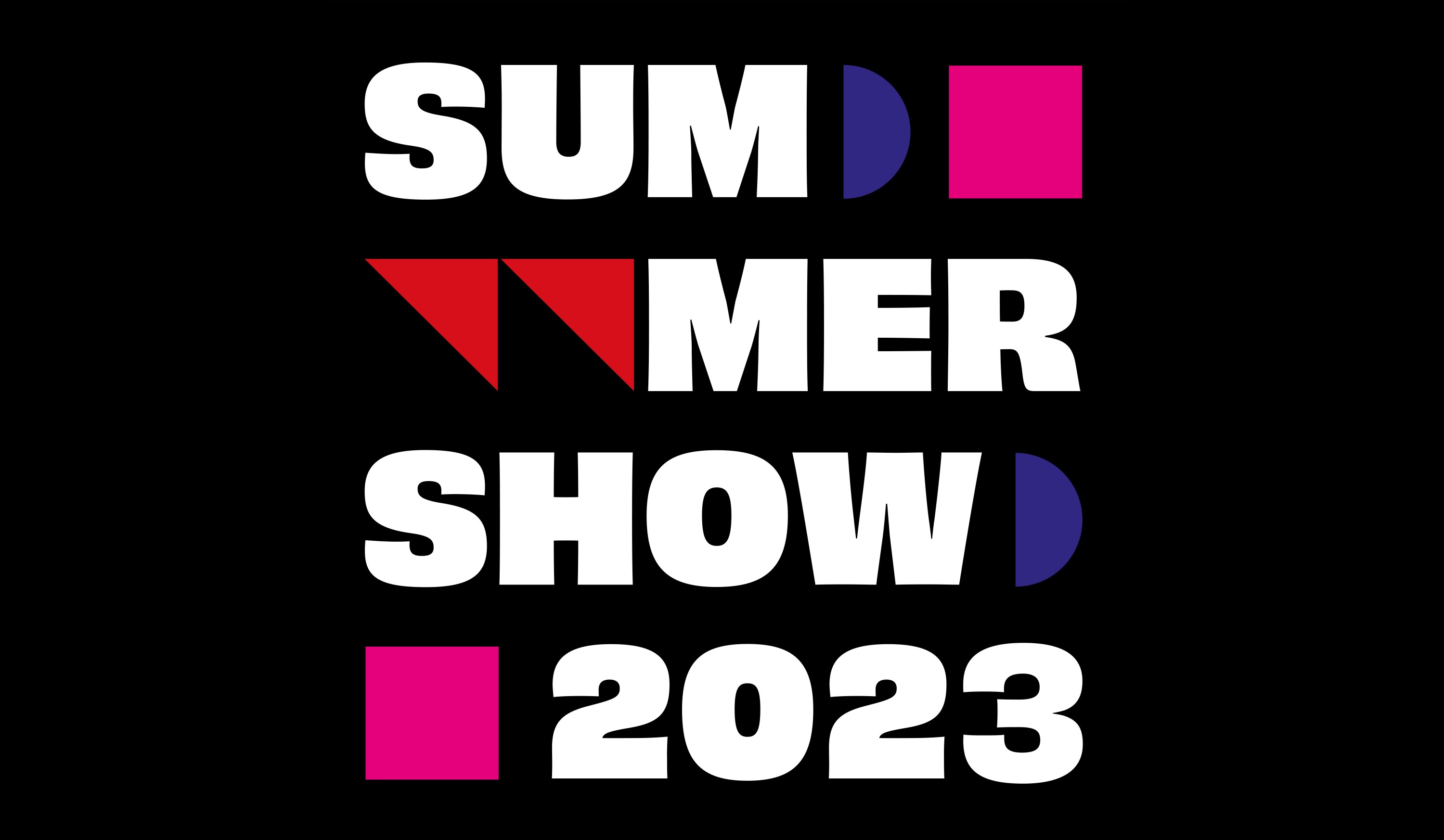
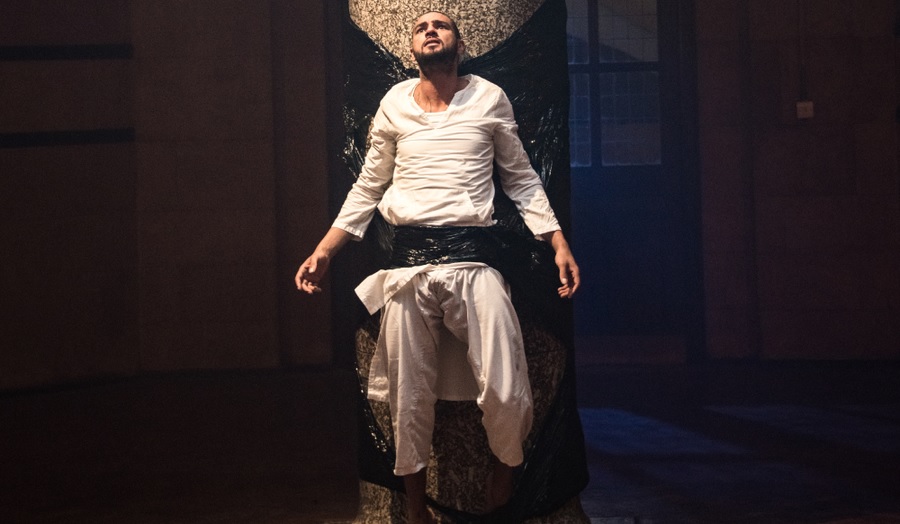

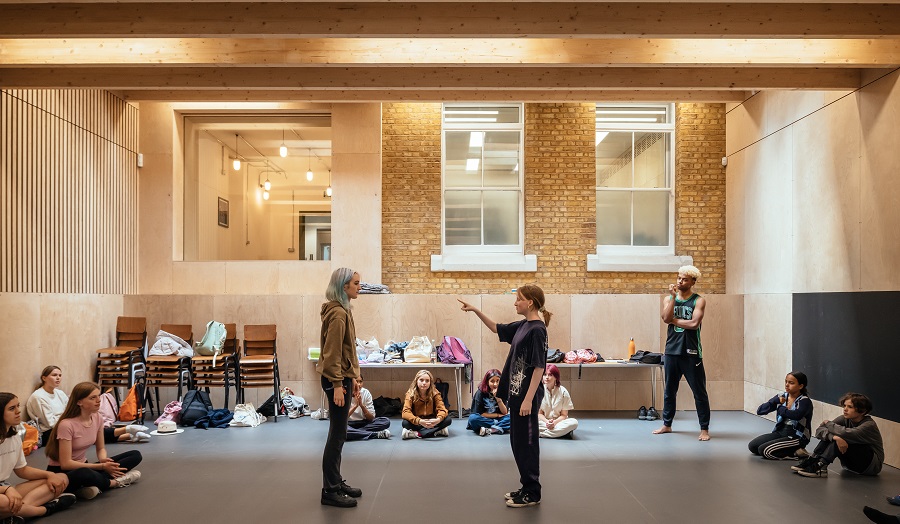
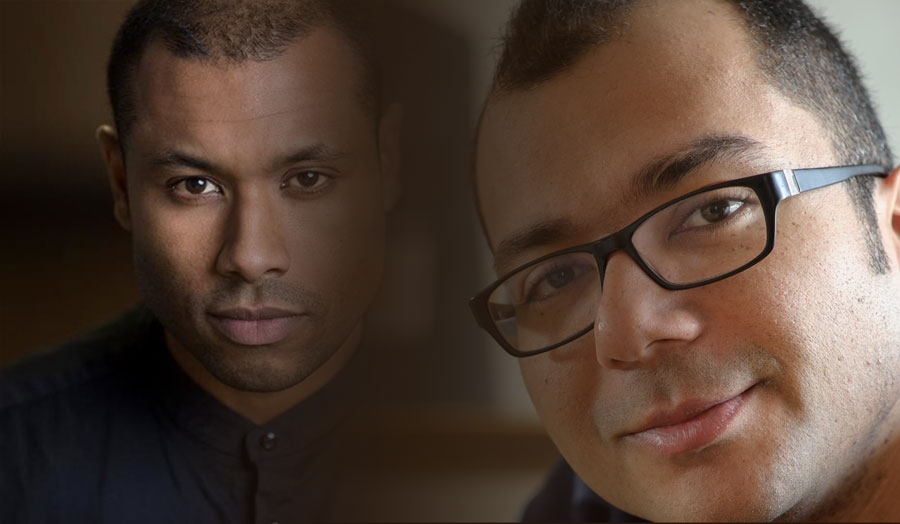
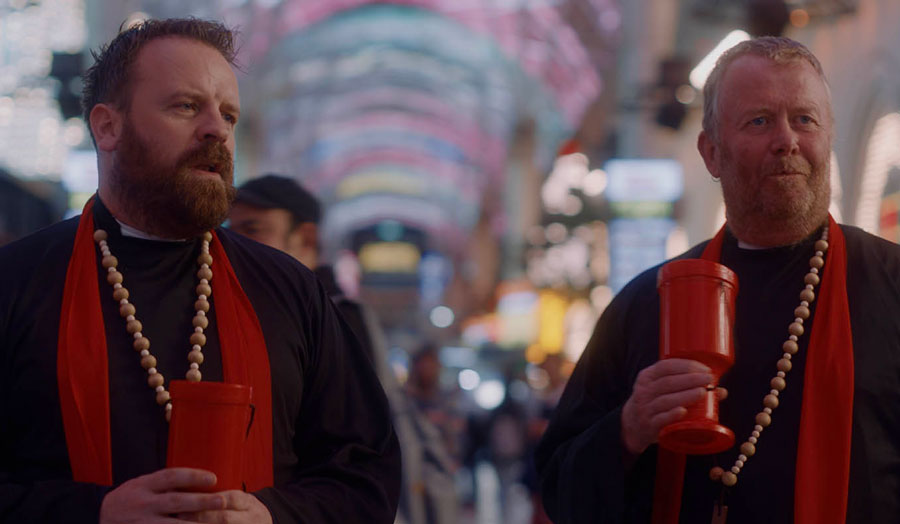
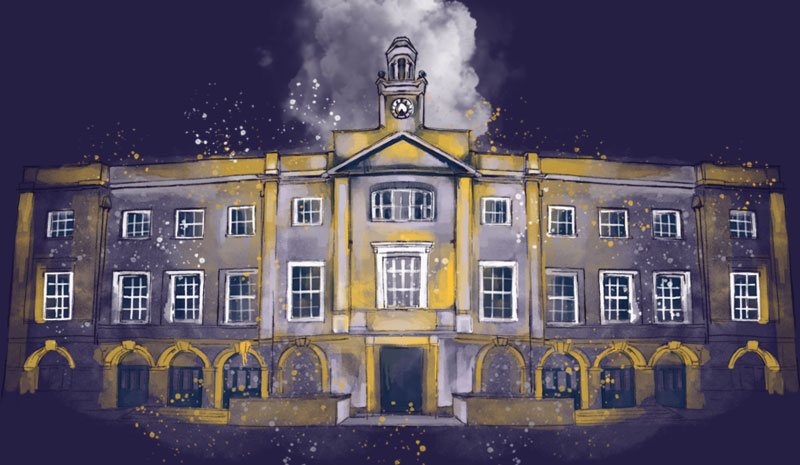
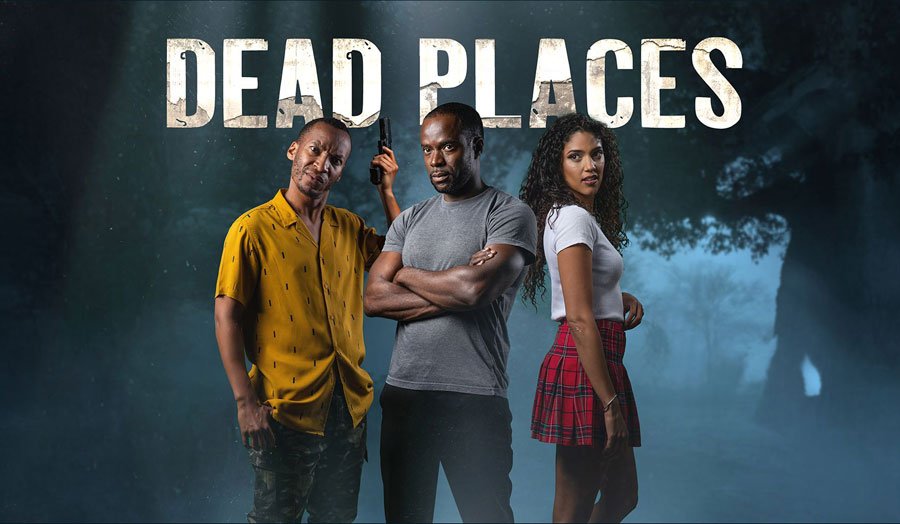
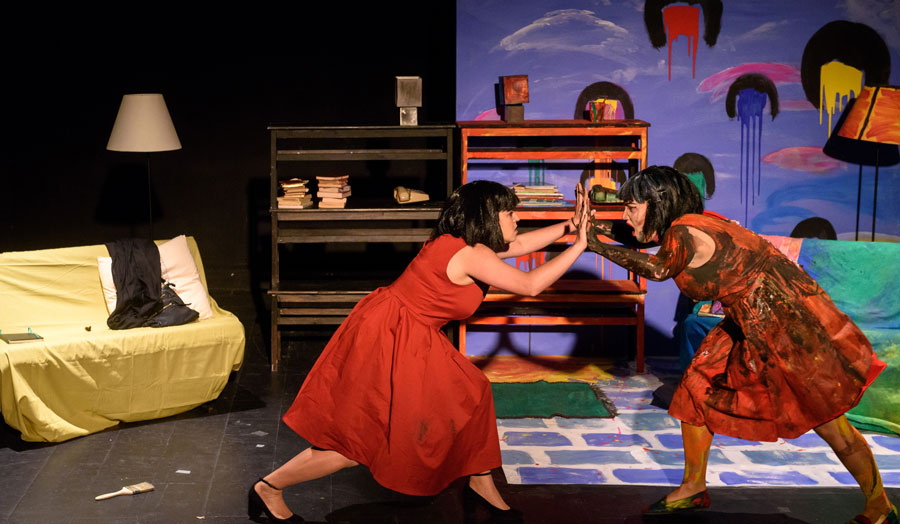
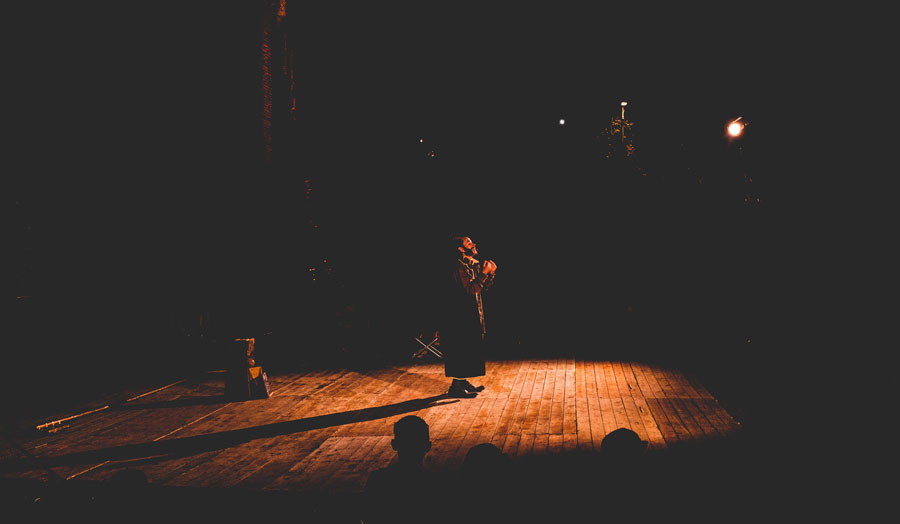
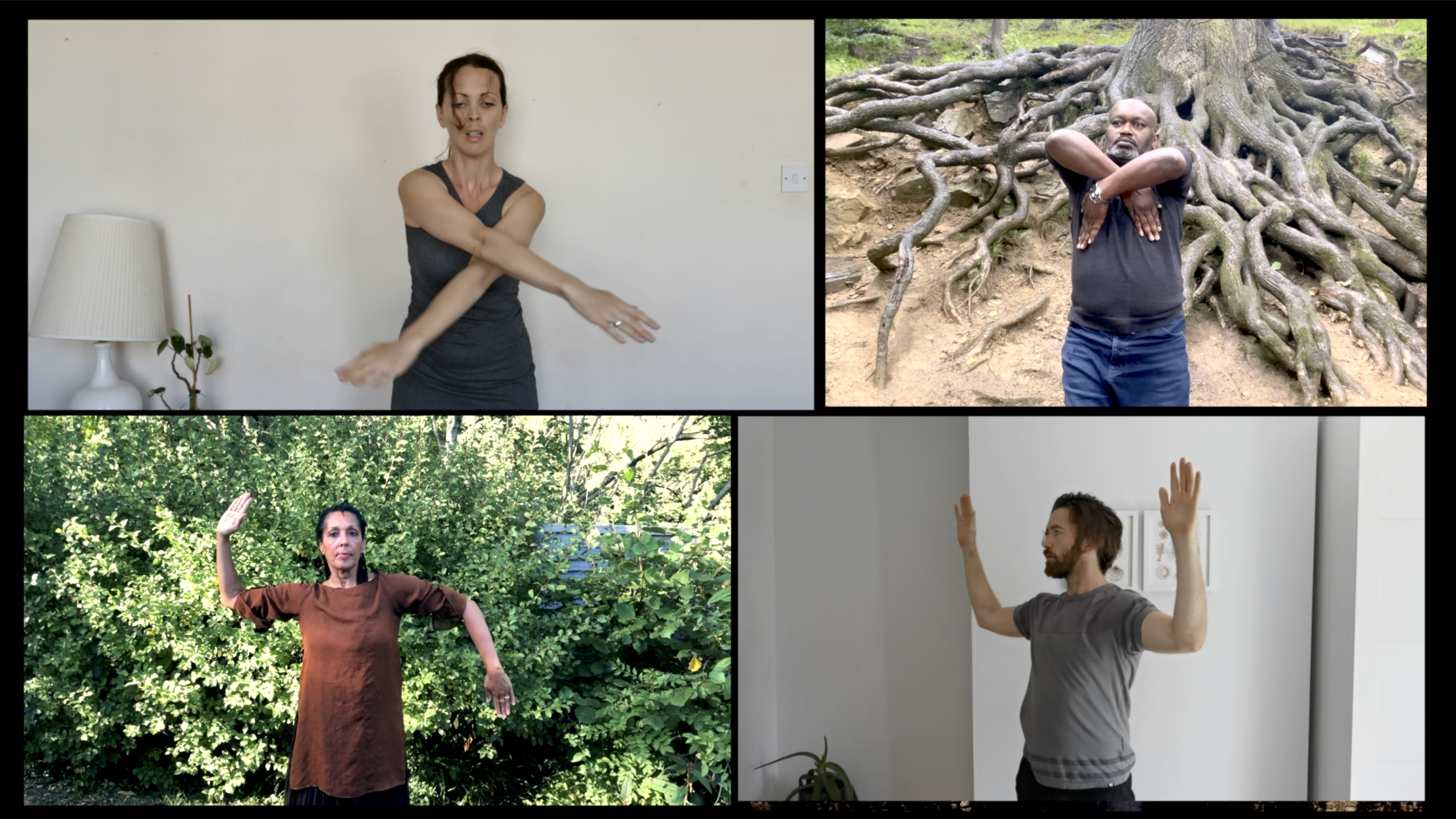

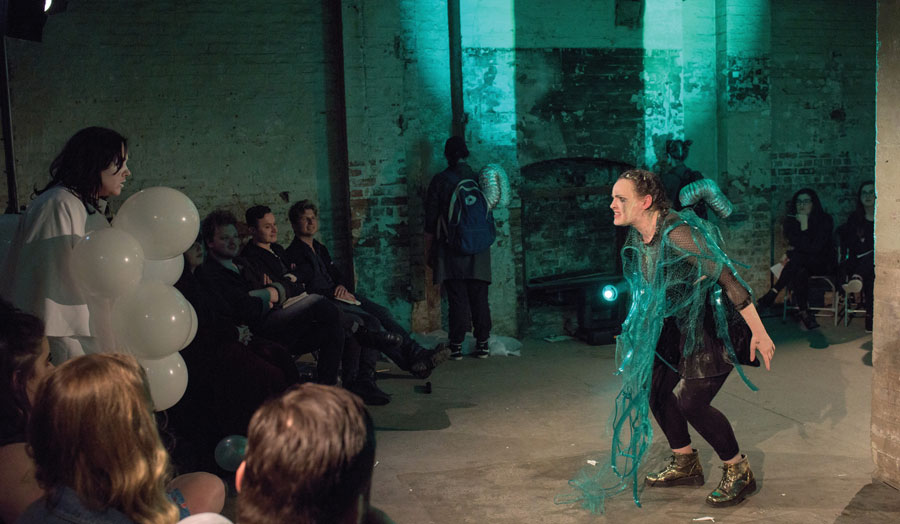
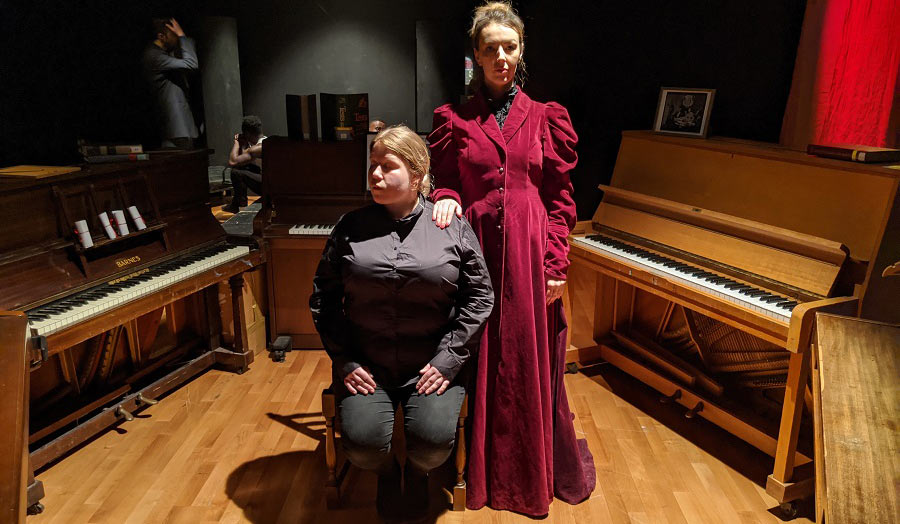


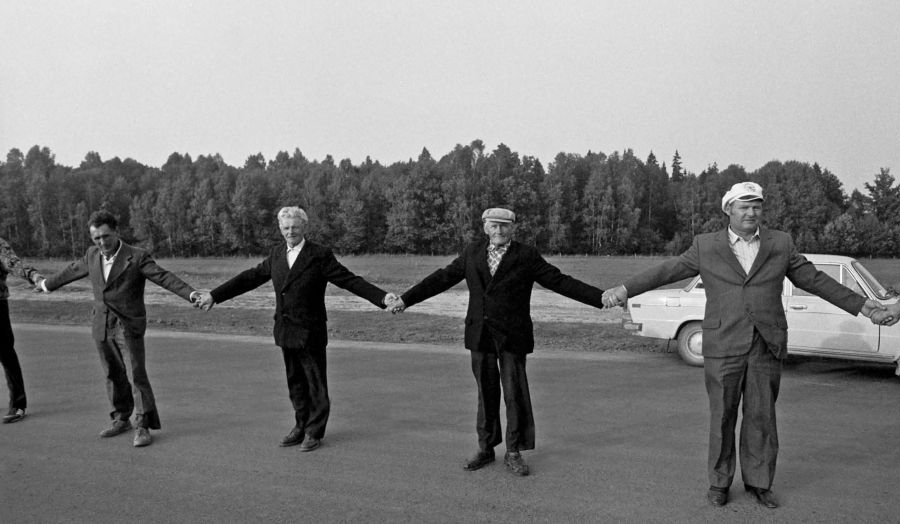
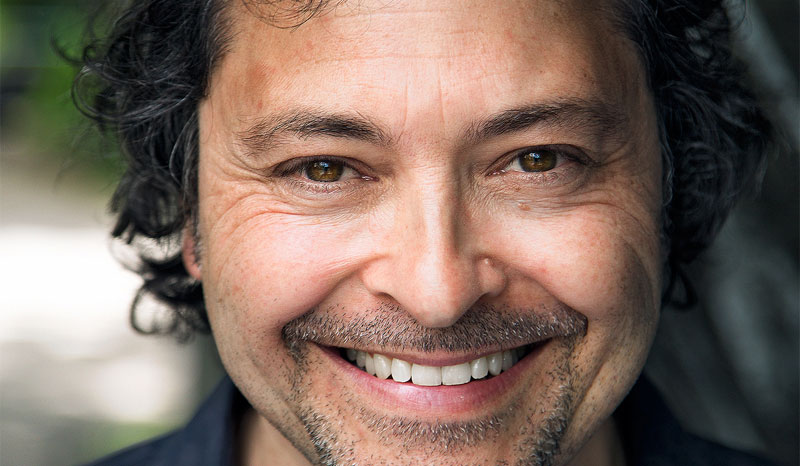
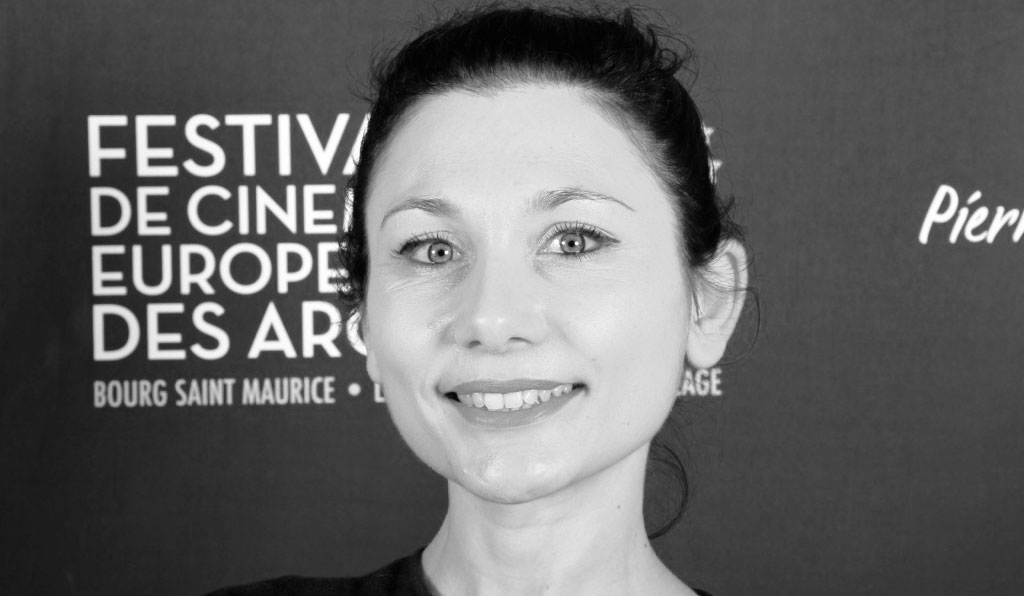
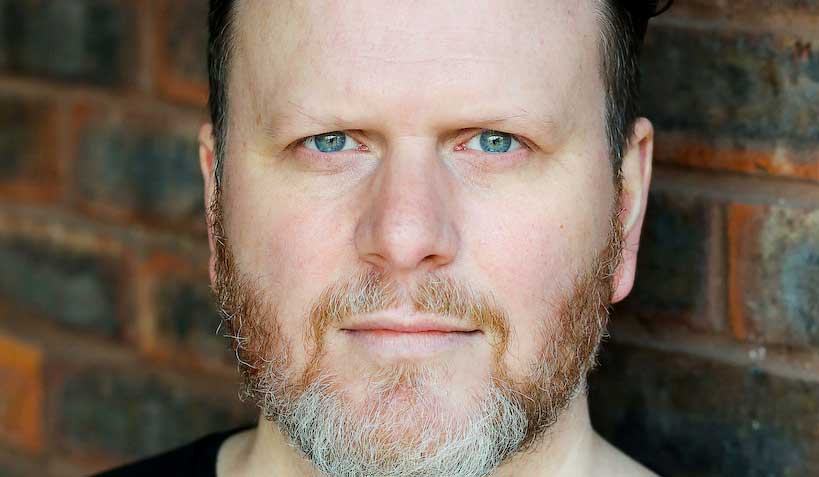
.jpg)
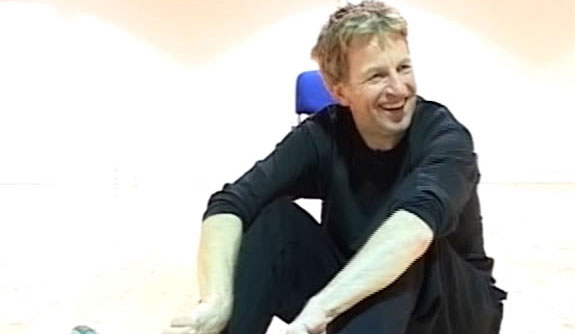
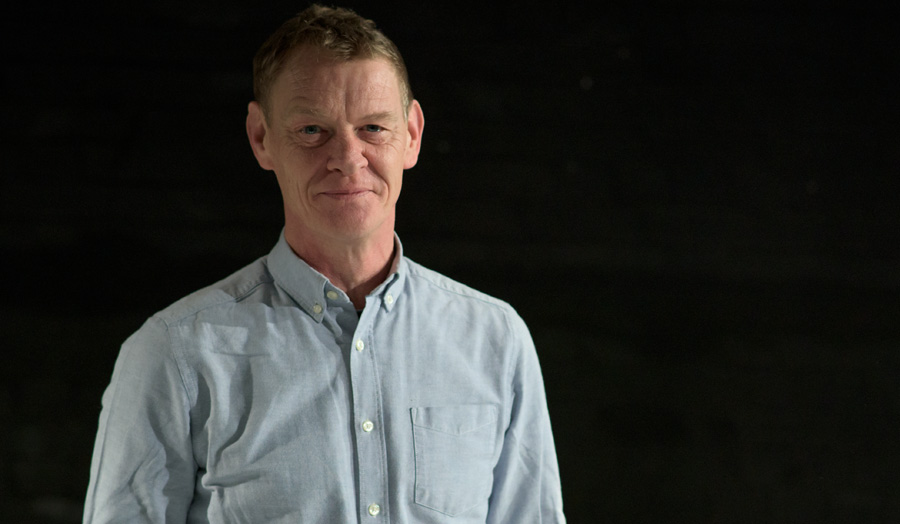

.jpg)


